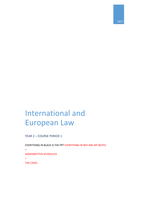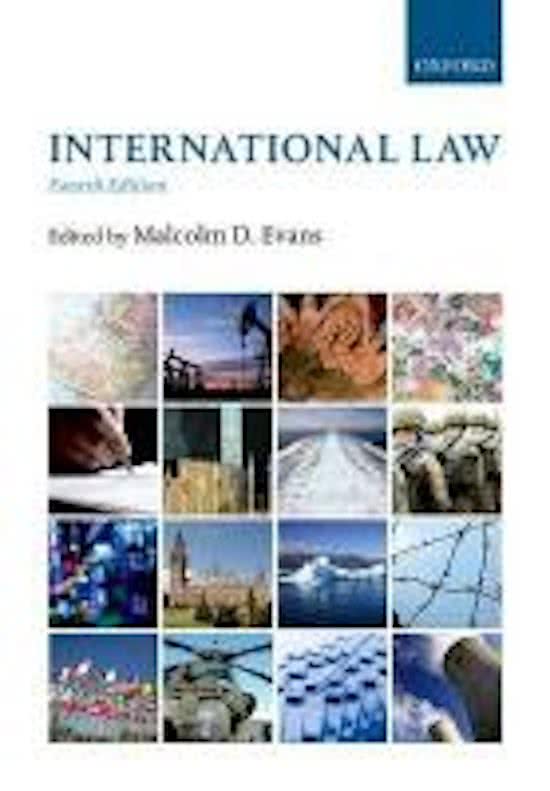College aantekeningen
International and European Law - the lectures
The lectures of International and European Law. I thought the course was quite difficult until I really started paying attention at the lectures. I realise now the lectures are very important for this course. Learn the lectures very well, this will help you pass the exam. Good luck!
[Meer zien]














